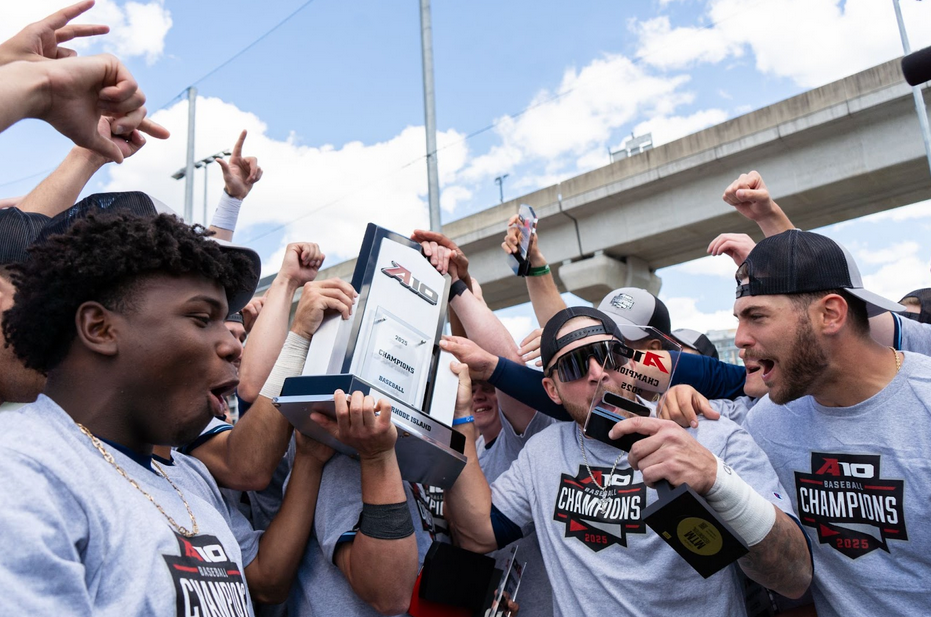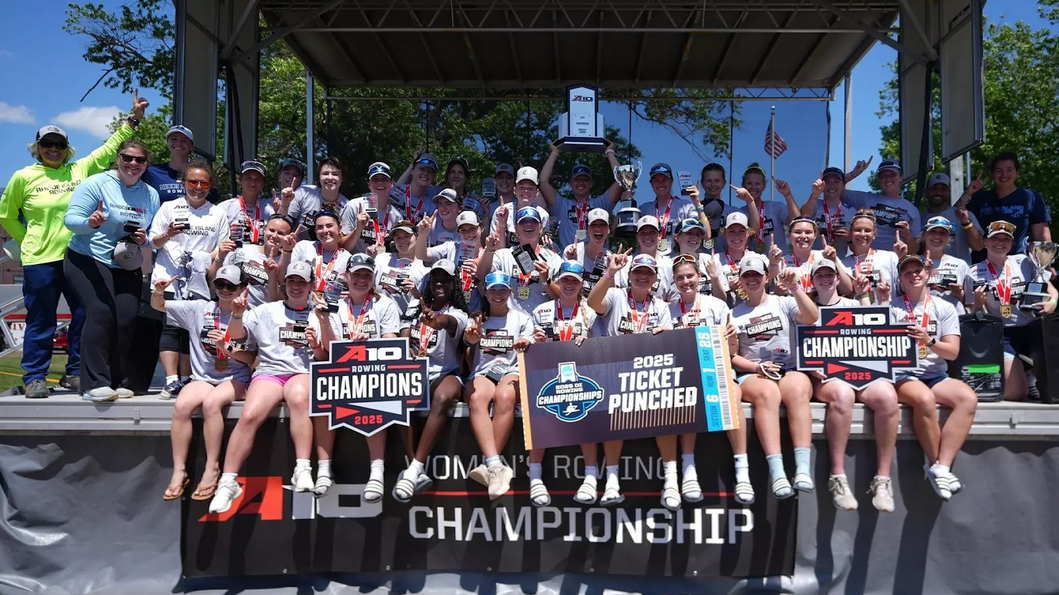There are certain Holy Grails in sports that offer an athlete the closest thing to sports immortality. They are the feats that are supposed to be unattainable, as goes the party line, “it’s a different era now, that won’t ever happen again.” But somehow a player wills himself to the unimaginable, sustained excellence and dominance over the course of physically exhausting and mentally taxing season that solidifies their status as supreme athletic specimens, to whom the same rules that have governed the sports world simply don’t apply.
Every now and then we are reminded that surprises still do exist, and that despite the cobwebs surrounding Joe DiMaggio’s 56-game hitting streak, Ted Williams’s .400 batting average and Wilt Chamberlain’s 100-point game, there are still records meant to be broken and hurdles leaped. The achievement of such milestones puts one in an exclusive club that should, under normal circumstances unquestionably warrant the title of Most Valuable Player. That has not always been the case though, and now there is a strong possibility that once again an athlete will be passed over in the favor another deemed more deserving, despite amassing a season that embodies the true spirit of the award.
There are many who have refrained from being engulfed in the hype surrounding the Oklahoma City Thunder’s Russell Westbrook and his quest to average a triple-double (traditionally double figures in points, assists and rebounds) for the course of a whole season. They believe that the remarkable numbers he has compiled, which consists of 31.9 points, 10.4 assists and 10.7 rebounds per game, overshadow his inefficient shooting which, at less than 43 percent, does not seem deserving in today’s NBA, where shooting is king. Add the fact that he is a woefully bad 3-point shooter for a guard (34 percent, 31 for career) and James Harden, one of the poster boys of the long ball era, seems like a more natural fit for the crown.
He is the engine on a Houston Rockets squad that enjoyed one of the most offensively efficient seasons in NBA history while also grabbing a top three playoff spot in the Western Conference. Harden led the league in assists and nearly scored 30 points per contest, with only his eight rebounds, which is still sensational for a guard, eluding him of his own triple-double season. And that makes a difference, at least for me.
There is something almost sacred about Oscar Robertson’s 1961 season. LeBron James was the consensus candidate to usurp the Big O’s stand-alone feat, which by the way did not earn him the MVP award (Bill Russell and Chamberlain finished first and second with Robertson in third), but not even the self-proclaimed Chosen One could amass such numbers during his first run with the Cleveland Cavaliers when Delonte West was considered a second option on a finals team (those days don’t seem so bad now do they?). Westbrook has always been regarded as a freak of nature and an elite point guard, but for him to top what was supposed to be an untouchable 41 triple-doubles in a single season is nothing short of heroic. Just ask Oklahoma City.
There are certain intangibles to be factored in this race, even though many may roll their eyes at such a notion when selecting who is supposed to be the best player on the court. The voters are unlikely to use narrative to influence their decisions, nor should they, but Westbrook’s dominance came during a time where the pressure was at its most intense. He was entrusted with the task of keeping Oklahoma City basketball relevant after Kevin Durant bolted to Golden State. He became the center of a controversy that alleged that the two stars were embroiled in a nasty feud, which culminated when Durant departed without talking to his longtime teammate. The franchise had lost their MVP, their superstar and the man who ushered them into the NBA and near the top of the league. Westbrook was the sidekick who was suddenly given the opportunity to finally be the do-it-all guy without any interference from Durant. The heat on Durant has now cooled, with many believing the problem in Oklahoma City must have been Westbrook. And yet Westbrook were on the precipice of 50 wins, which although is quite a bit less than Houston’s 54, proves the UCLA product can put a team on his back, while also keeping the spotlight firmly on Oklahoma City, not an easy task considering the void Durant left, and the fact that it is… well you know Oklahoma.
Even if you throw the post-Durant stuff out the window, Westbrook is still the MVP by the very virtue that the recipient is a player who both performs at the highest level and has the biggest impact on his team’s success. Harden perfectly fits the bill, but Westbrook means more to his team in terms of win-losses. He has to put his body through the ringer in all facets of the offensive game just to get the Thunder the sixth seed in the West, showing that his triple-doubles are not self-serving at all, but rather a necessity for the team to avoid picking in the top 10 of the draft. Does he enjoy having the ball in his hands all the time? Of course he does. However, the Thunder were 33-9 when Westbrook turned in a triple-double performance, and 14-25 when he did not, perhaps the most telling stat in this whole race.
Westbrook deserves to be awarded for doing what many speculated, but few actually believed could be done. Robertson should have been named MVP almost 60 years ago, and so should Westbrook now. Voting otherwise would be a disservice to the game, as some things just cannot be or should not be debated. Throw everything else out, and just simplify it to this: Westbrook averaged a triple-double on a 47-win team in the harder conference fresh off the removal of one of the era’s biggest superstars. Does that not sound like an MVP to you? Case closed.



